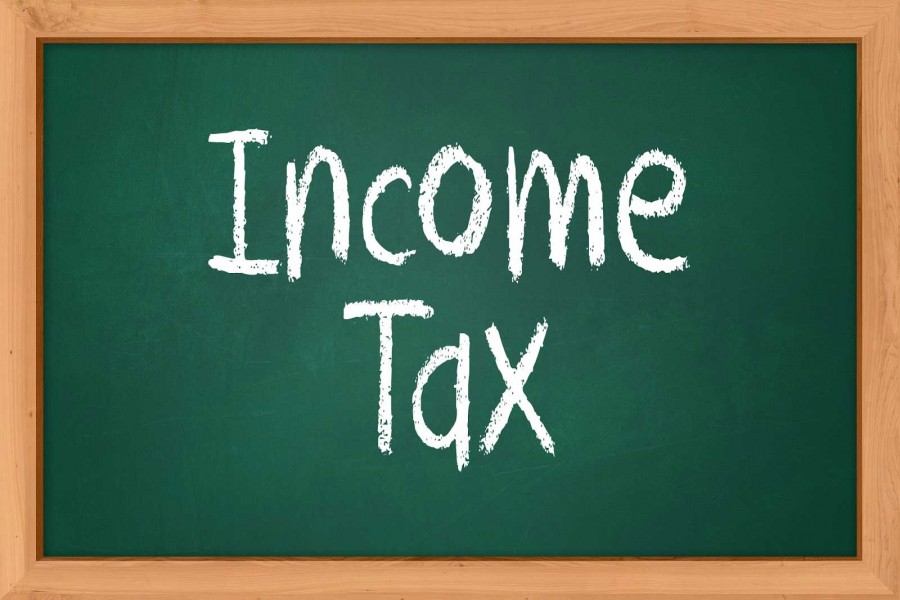Realisation of advance income tax (AIT) on profit calculated notionally, not on the basis of audited financials, is bound to raise scepticism. And those who are made to pay that tax have genuine reasons to develop an aggrieved feeling. Exactly, that is what the business leaders vented at the quarterly luncheon meeting of the Metropolitan Chamber of Commerce and Industry (MCCI), Dhaka, held late last week. The MCCI is not alone to express such disappointment. Some months back, the apex trade body, the Federation of Bangladesh Chambers of Commerce and Industry (FBCCI) while meeting with the top notches of the National Board of Revenue (NBR) did also raise the same issue and sought a solution.
However, the businesses, it is understood from their deliberations, are not opposed to paying AIT. In fact, their objection is related to the rate at which the tax is realised from goods barring capital machinery at the import stage. They find the rate of AIT at 5.0 per cent to be high when seen in the context of the country's current economic situation. The stance of the business community on this issue cannot be dismissed outright. For the profits that have been reported by most corporate entities in recent years have not been that attractive. It could be that profits earned by many entities are less than the amount they paid as AIT. Though there is provision for claiming refund, the process involved in it is cumbersome and time-consuming.
What is, however, gratifying is that the incumbent chief of the NBR, who attended the MCCI luncheon meeting as chief guest, also found logic in the points raised by the businesses about the AIT rate. He promised to resolve the issue in the next budget by holding discussion with all the stakeholders. Taxmen, undeniably, do require constant flow of revenue to keep the government afloat and the AIT remains to be a very effective tool in this connection. Another plausible reason for the taxmen opting for the AIT is the strong propensity among a section of people to evade tax payment. The AIT, at least, does guarantee recovery of a part of the projected revenue.
The NBR chief also has rightly pointed out one major flaw in the country's tax administration. The taxmen, according to him, tend to focus more on the enforcement of the existing tax laws to help mobilise the maximum amount of revenues. They are not that much interested in reforming tax policies with the objective of creating a taxpayer-friendly environment. It is, however, is an old issue. There were initiatives to introduce tax policy reforms in the past but those could not make much headway because of both overt and covert resistance from the vested interests.
There is no denying that the mobilisation of tax revenues in any form remains a difficult job. Most people are found unwilling to pay taxes while others want cut in tax rates. This particular attitude is particularly reflected in the country's poor tax-GDP ratio. Under circumstances, tax policies need to be designed in such a way so that the maximum number of people, including businesses, feel encouraged to pay taxes in right amount.


